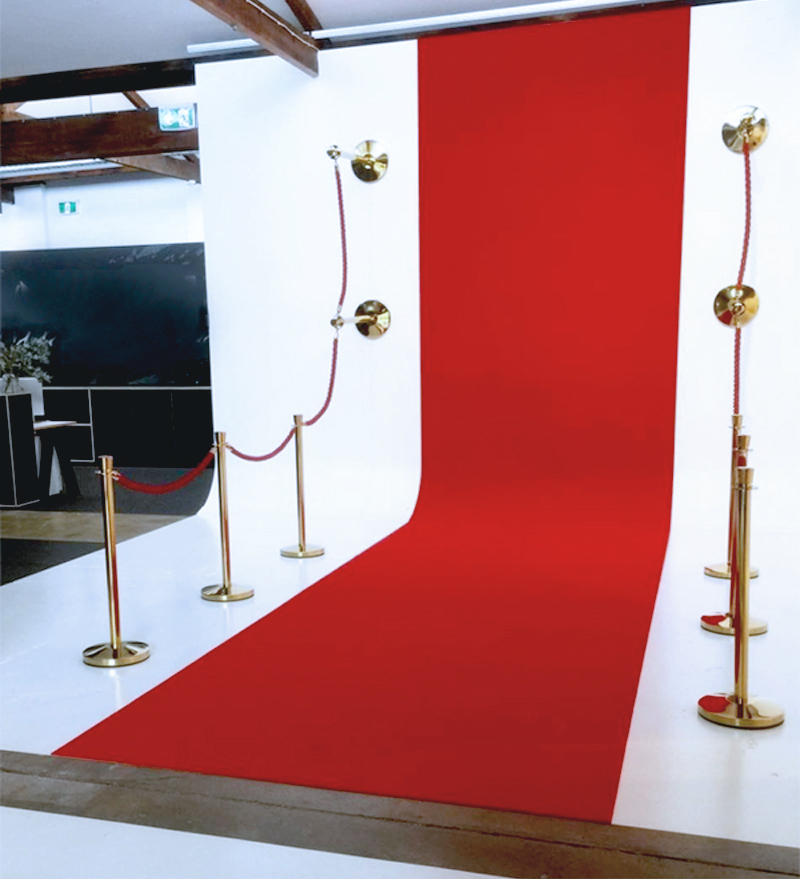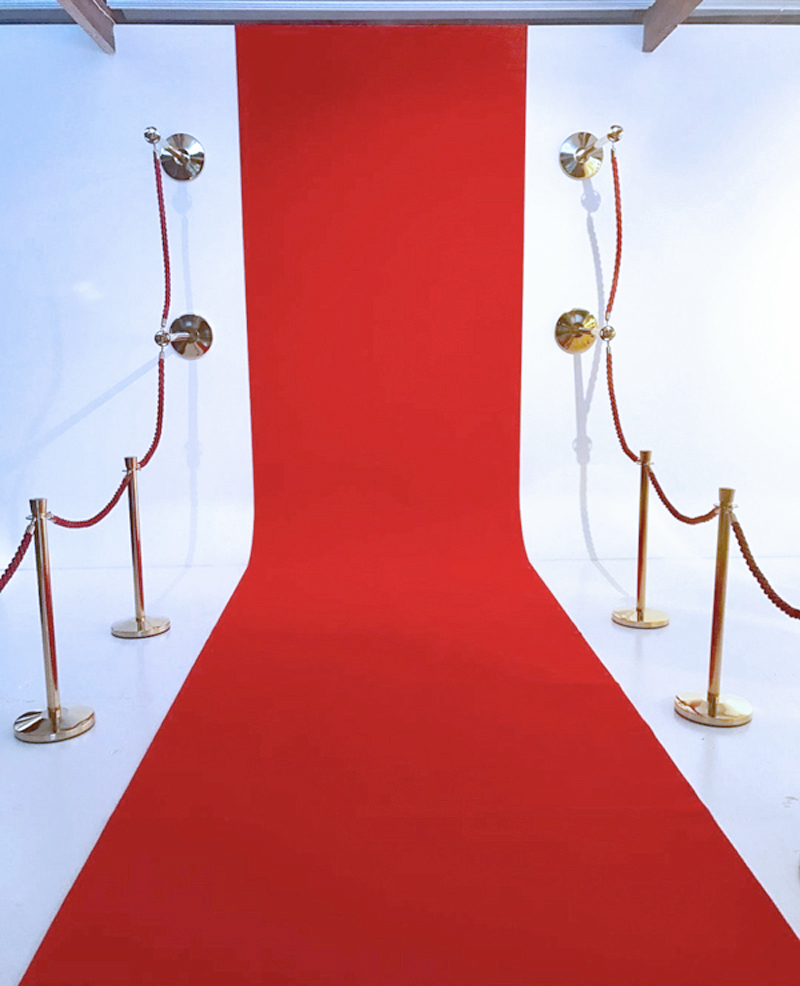
ICON
Location: Art Pharmacy / Vandal Gallery, SydneyType: Solo Exhibition
Year: 2017

ICON
Location: Art Pharmacy / Vandal Gallery, SydneyType: Solo Exhibition
Year: 2017

ICON
Location: Art Pharmacy / Vandal Gallery, SydneyType: Solo Exhibition
Year: 2017
ICON INSTALLATION
Location: Art Pharmacy / Vandal Gallery, SydneyType: Solo Exhibition
Year: 2017
ICON INSTALLATION
Location: Art Pharmacy / Vandal Gallery, SydneyType: Solo Exhibition
Year: 2017
ICON INSTALLATION
Location: Art Pharmacy / Vandal Gallery, SydneyType: Solo Exhibition
Year: 2017
ICON
solo exhibitionCelebrity surrounds us, from film to sports, from Facebook to fashion, from TV to Twitter, permeating our lives with a glamour, allure, chance and possibility.
But beyond this glittering surface, celebrity reveals key insights into how we see ourselves; our psychological desires, social needs and economic wants. Who we admire, model ourselves upon and aspire to be, reveal what we think about ourselves on a deep and profound level.
A reality TV star has just become the 45th President of the United States of America, in no small part due to his celebrity status and grasp of the media. Celebrity culture can no longer be viewed as harmless entertainment for the masses, it has real, deep and long lasting effects on culture, history, ethics and the populace.
Celebrities are reverred with a Godlike status possessing a cultural authority to act as spokespeople, commentators, role models, brand ambassadors and political advocates. They serve for many as the arbiters of taste, morality and public opinion. Celebrity illuminates massive shifts in contemporary culture, and plays a key role in shaping todays world through consumerism, the media and politics.
A recent study by Yalda T. Uhls and Dr. Patricia Greenfield at the UCLA campus of the Children’s Digital Media Center@LA, published in the Journal of Cyberpsychology in 2007, reveals that children just want to be famous. Apparently the days when children wanted to grow up to be astronauts, doctors or firemen are well and truly over. Now they want to be actors, singers or YouTube personalities. The study indicates an extraordinary shift in attitudes, values and beliefs. In 1997, the dominant values (as judged by an adult audience) expressed by the shows most popular among 9 to 11 year-olds were community feeling, followed by benevolence. Fame came at 15 out of the 16 values tested. By 2007 fame came first, followed by achievement, image, popularity and financial success. Community feeling had fallen to 11th, benevolence to 12th.
Interestingly the reality TV show Keeping Up With the Kardashians debuted in 2007. President Barack Obama only recently said that shows like KUWTK are to blame for corrupting our children’s values. Replacing honour, respect and hard work principles with being rich and famous without really having done anything to justify that fame. The spirit of our times elevates and adores the famous for simply being famous creating a circle of aspiration and desire.
The rise of celebrity culture has long been cultivated by advertisers, marketers and the media with a clear goal; the more distant and impersonal corporations become, the more they rely on other people’s faces to connect them to their customers. Celebrites are ranked on a Global Celebrity Index and the most lucrative contracts are given to those celebrities due to their popularity and ability to represent the values and beliefs of the product they are selling. Their own personalities become secondary to their constructed image.
Celebrity is also incredibly distracting. A paper published in the International Journal of Cultural Studies revealed that those interested in celebrity gossip are three times less likely to be interested in other news and half as likely to be involved in community organisations. Moreover they are the least engaged with politics and world events, least likely to protest and least likely to vote.
In Donald Trump we can see the perfect fusion of the two main uses of celebrity culture: corporate interest and mass distraction. His public bravura and persona as friend and ally to the common man, mask his true intent and business interest. His links to global industry and commerce are immense but well hidden by his distracting, loud and overwhelming personality. A TV presenter on the Apprentice has effectively shouted his way into the White House.
details:Location: Art Pharmacy / Vandal Gallery, Sydney
Type: Solo Exhibition
Year: 2017